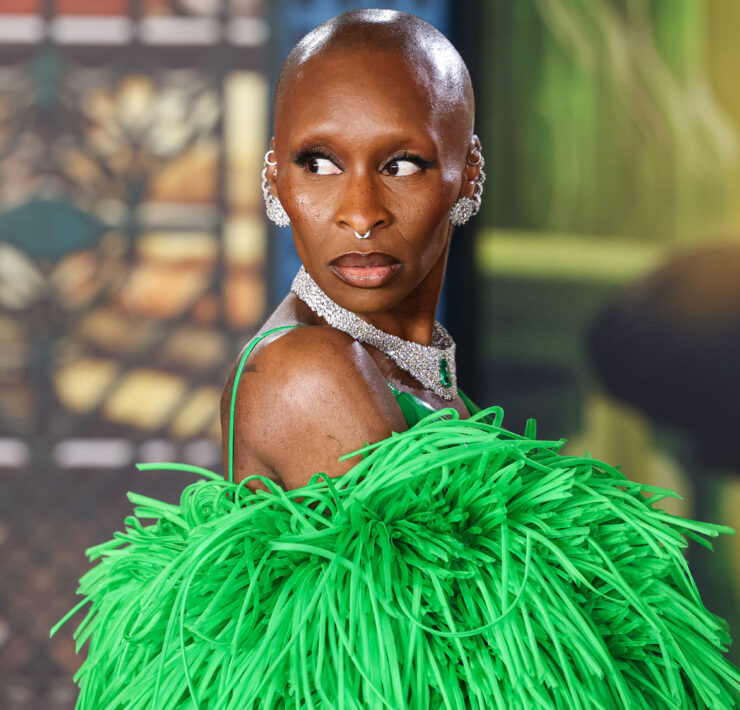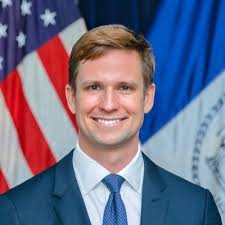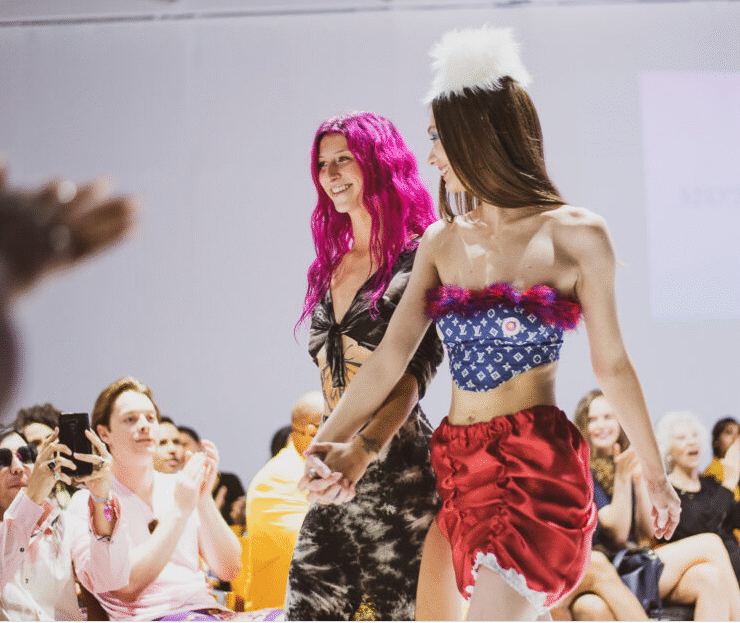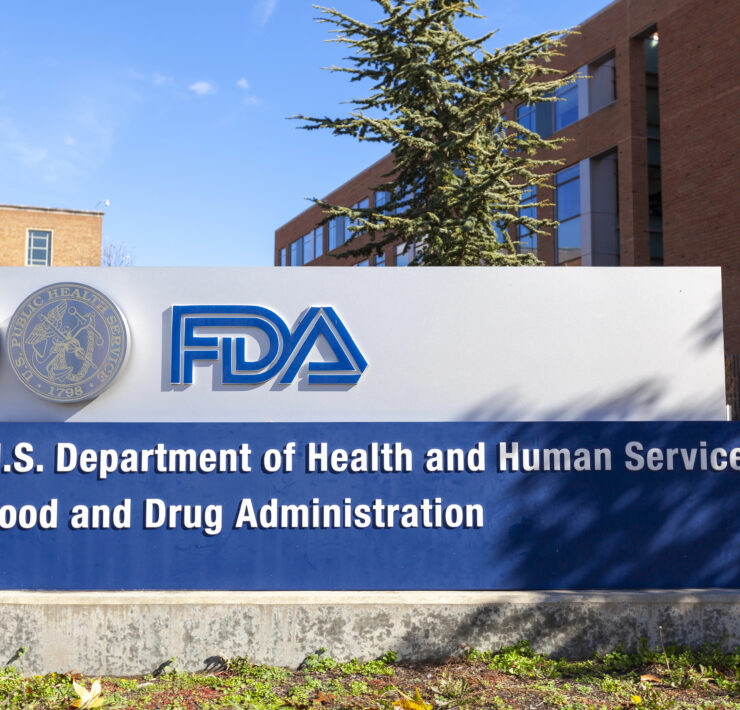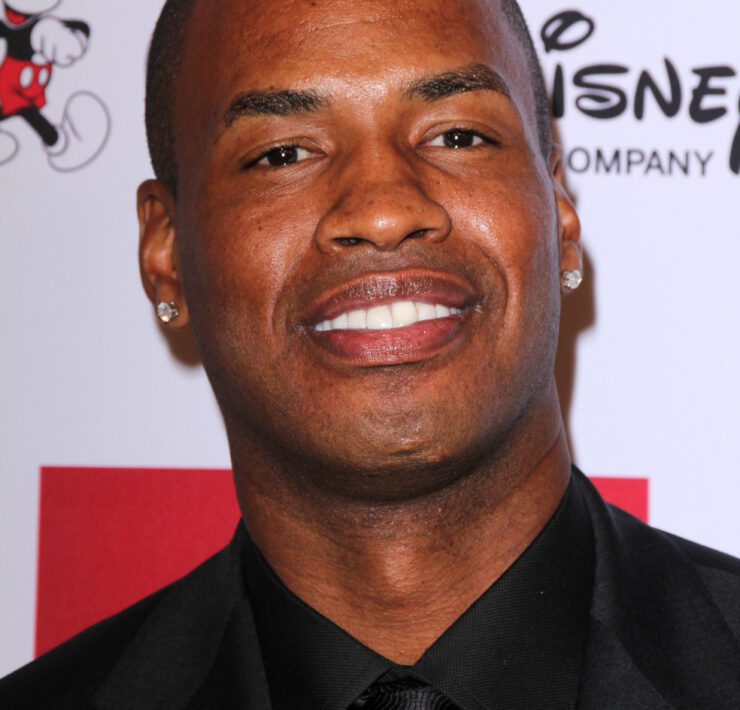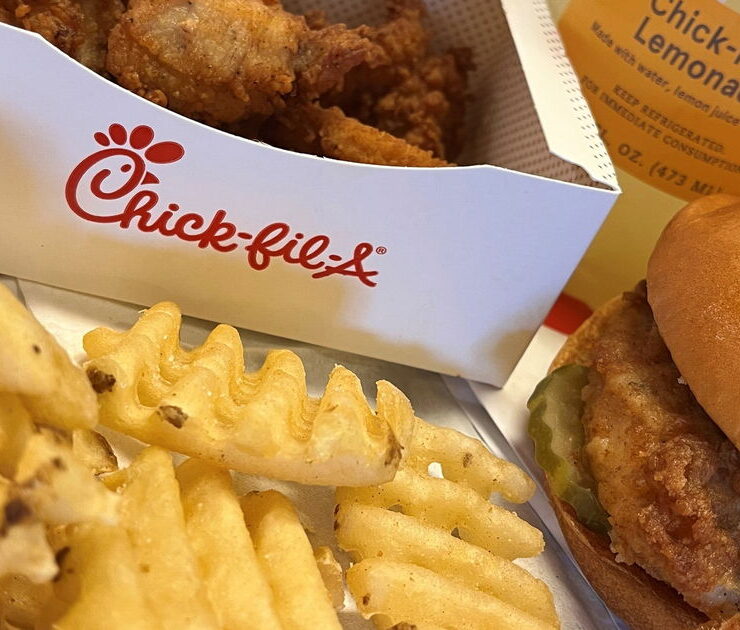Alex Sanchez: Author and LGBTQ Youth’s Biggest Fan

Denny Patterson is a St. Louis-based entertainment and lifestyle journalist…
Queer representation may be improving, but particularly in children’s media, it remains painfully underrepresented. Alex Sanchez hopes to change that.
An award-winning, young adult author from Rochester, New York, Sanchez has written and published 10 books. Rainbow Boys, his 2001 groundbreaking debut about a love triangle between three teenage boys, was praised by School Library Journal as “a book that can open eyes and change lives.” The American Library Association honored the novel as a “Best Book for Young Adults,” and its success sparked Sanchez to write two sequels, Rainbow High and Rainbow Road. Some of Sanchez’s other critically acclaimed books include So Hard to Say, Getting It, and The God Box.
Twenty years later, Sanchez is still going strong and inspired to write, even during these difficult times of COVID. His latest book, The Greatest Superpower, was released last month, and in 2020, he collaborated with DC Comics for You Brought Me the Ocean. When not writing, Sanchez loves to tour the country and connect with teens, librarians, and educators about books, diversity, and acceptance.
Sanchez took some time to chat with OFM more about his books.
Hi, Alex! Thank you for taking some time to chat with me. How have you been surviving these days of COVID?
Well, I am kind of embarrassed to say, but pretty well [laughs]. I know that so many people have been suffering, but my life really has not changed that much. I was working from home before, and where I live now, in Rochester, NY, the authorities have been pretty good keeping things according to CDC guidelines. So, the prevalence of COVID here has been relatively low.
There have been some challenges, one just not being able to travel. Like a lot of people, that cabin fever has been setting in. New York has a very strict policy that if you leave the state, you must quarantine when you come back. So, that, and then just the fact my husband, and I have been spending so much time with each other. For most people, it’s like, I need a break! But overall, I am very grateful that we have not gotten sick, and we are doing well.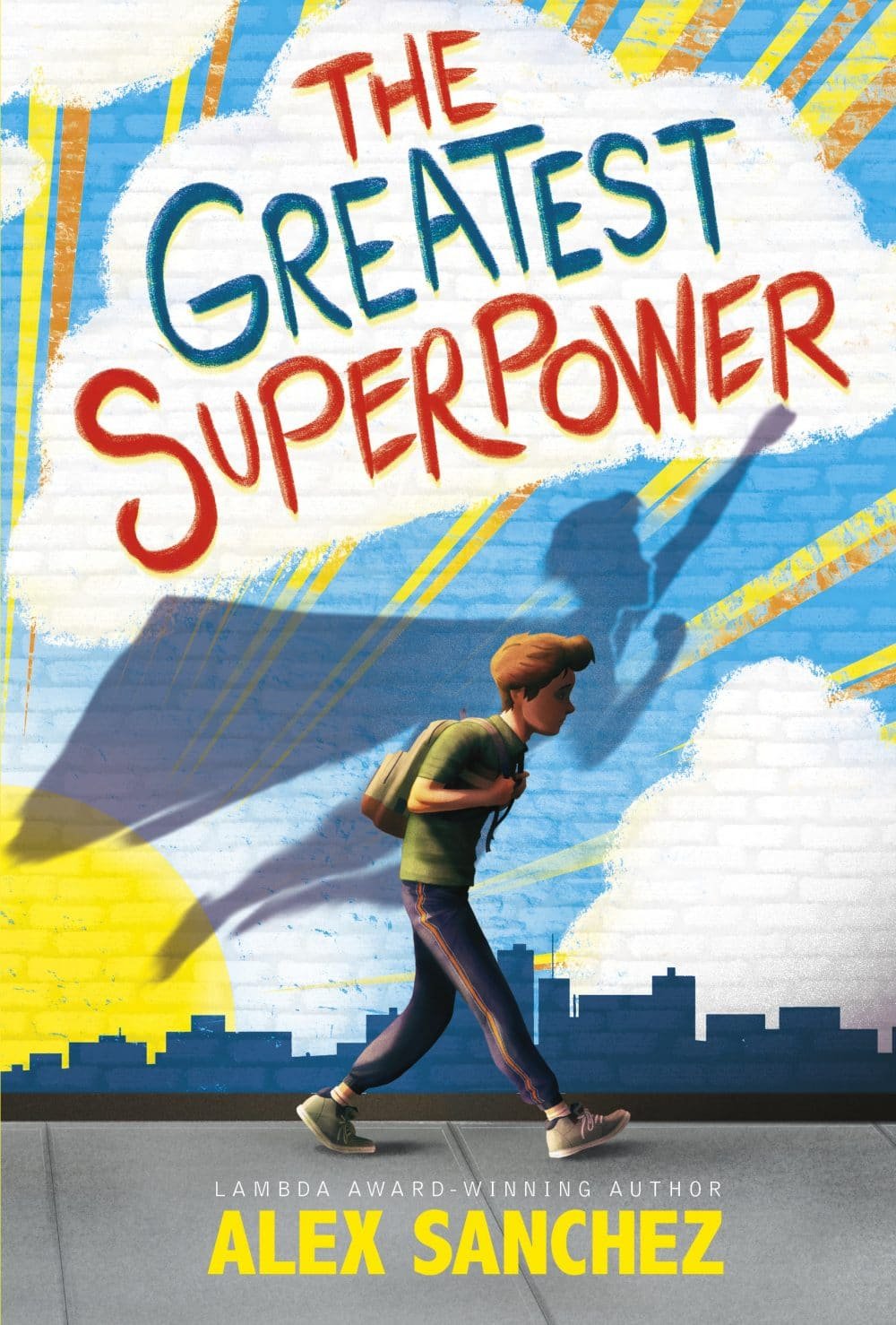 Your latest book, The Greatest Superpower, came out last month. Can you give us a brief synopsis?
Your latest book, The Greatest Superpower, came out last month. Can you give us a brief synopsis?
Basically, it is about twin, 13-year-old boys whose dad comes out as transgender, and it is told from the point of view from one of the boys. How he goes through adjusting and accepting the new family reality, and there is this whole comic book thread in it. It is about discovering his superpower.
Have you always had a passion for writing?
Since college. My story is, I had a mom who was very creative. She was a watercolor artist, so she always encouraged creativity for my brother and me, our friends, and everyone she came across. She was quite extroverted and very remarkable about encouraging creativity. In terms of writing, it was not until high school and college when I started writing more and writing stories. It was very tied to my own coming out, especially writing fiction. It is all about emotional honesty and having the courage to put on paper our innermost thoughts and feelings. That can be very scary because we are making ourselves vulnerable. To ourselves, it is like holding up a mirror and being like, ‘Oh my gosh; is that really who I am?’
What happened with me was that even though I liked writing stories, I sort of skirted around the idea of them being gay and focusing on same-sex attraction. It took a long time to work through that, and when I started writing stories, at the same time, when they would become too personal and too revealing, they would start to become too scary, and I would say, I have this other idea that would be better to work on. So, I ended up having all these unfinished stories, and I have learned that’s a pretty common writing block for people not being able to finish things. I think in terms of fiction, it was about breaking through those emotional walls and actually putting it on the page. Finishing it and saying, ‘Yes, this is what’s true for me.’
Related Article: Milo Yiannopolous to Open Conversion Therapy Facility
The Greatest Superpower is your 10th book. How would you say you have evolved as a writer since releasing Rainbow Boys in 2001?
Gosh, that is a great question. Well, it is hard in this sense because every book that I write has its own challenges. I like to say, I have more tools now, and I am more experienced in writing, so it is easier, but no, it’s not. Every time with fiction, it is creating new characters. It is not just having that toolbox, but then knowing how to use those tools for these particular characters in this particular story. So, in every case, that is its own challenge.
I guess the way I have grown most is just understanding more of that process and becoming more comfortable with the discomfort of knowing this is part of the story and I am going to hit these walls, not know what to do, and then having to reach into that toolbox and say, how about I do it this way? How about if I do it that way? I would also like to say that I have become more flexible and understanding of the process. If one thing does not work, then try it another way.
How did the initial idea for Rainbow Boys come about?
Part of it is, I write the books I wish I could have read when I was a young person. The way it came about was that I was reading a lot of fiction that did not reflect my reality in terms of either as a gay man or growing up. So, if I am not reading that, why don’t I write it? At the time, it was when GSAs were just starting out in the country, and there were more and more young people coming out, which is something I did not have the courage to do when I was growing up. When I started writing, I would read and hear these young people’s stories and say, ‘Let me go back in time to when I was a young person. What would life be like if I were growing up now?’
Remembering back to who I was and then taking those feelings and putting them into a new, modern-day context, I wrote this one story, which was sort of a teen romance between two boys, and it was OK, but conflict is the essence of fiction. There just was not much conflict in it. Then I thought, what if I throw a third boy into the mix? That then creates this whole triangle of concepts. So, that is how Rainbow Boys came about. It opened so many opportunities. If there are three gay and bisexual teen boys in the same community and go to the same school, how can each of them be different? The creative challenge was how to give them each a distinct personality and voice. That then also allowed me to have each of them be at a different point in their coming-out process.
What is the number-one message you hope readers take away from your books?
Be true to who you are. My agent tells me I keep writing the same story over and over, and I have tried not to, but it still comes up. I think that is the challenge, the struggle, and the gift I have experienced throughout my life. Constantly being like, ‘This morning, who am I, and how can I be true to that?’ Whether it is in terms of needing to make a phone call, confront someone, take care of myself, or help someone out, how am I being true to who I am? I think it resonates because it is a universal challenge and message to us all. Whatever our sexual orientation or gender identity, am I being true to who I am? You released You Brought Me the Ocean last year, which is your first graphic novel. How was that experience different from writing for novels?
You released You Brought Me the Ocean last year, which is your first graphic novel. How was that experience different from writing for novels?
The way it came out, DC Comics was rolling out these series of graphic novels, and they were trying to reach beyond their traditional comic book audience. They had this character, Aqualad, who in a previous iteration had come out as gay, and they wanted to do a graphic novel with him. They asked around who might be good for that, and my name came up. They reached out to me, and I said, ‘You realize, I like comic books, but I have not written one.’ They were like, ‘Doesn’t matter. You know how to tell a story, and you know how to write about gay, teen characters.’ I’m like, ‘OK,’ and they said, ‘You write this story, and we will give you the training and teach you how to translate it into that graphic-novel, comic-book form.’
One of the ways it was different was just learning so much about that process, and one of the things I learned was that the process is much more collaborative. Usually, with a standard, prose, text novel, I will write the whole thing; it goes to my editor; they read it; they give me notes; then I will write the whole thing again. With the graphic novel, you are working with an editor all through the process and learning the techniques.
One of the big techniques is, with a standard, text novel, I do not know how it is going to appear on the page. I do not know where it is going to cut off or when the next page will start. With a graphic novel, it is actually visualizing it onto the page and saying, ‘How many panels are there going to be? What is going to be the division between the panels; what are the characters going to do in each panel; what is going to be on the bottom-right panel that gets the reader to then move onto the next page?’
Learning all that was just so energizing, and it was so much fun, going back and forth in terms of how everything would be laid out. Usually, when I write a character, I have a vague sense of what they look like, but watching the artists bring them to life visually, it was amazing. All those things were just so exciting and new for me, and I loved it.
Out of all your books, is there one you personally feel like you relate to the most?
No, not really. The way I bring a character to life is by trying to find some point of connection. As different as they may be, how are they like me, and how am I like them? Through that point of connection, that is my access point and the access point for readers. Those universal elements that unite us all as human beings. Starting out with Rainbow Boys, they are all about me in a sense. Kyle is looking for someone to love, and that is something that we all go through at some point in our life. Nelson is looking for someone who is going to love him; that is sort of the flip side of that, and Jason is all about learning to love himself. Those were the three points of connection for each of those characters, and I think that is why readers connect to them.
How rewarding is it to know that your books have helped and inspired so many LGBTQ youth?
That has been the most gratifying part, hearing from young people and getting these floods of emails and comments from readers. At the start, it was kind of scary when people would tell me, ‘Your characters on my role models.’ Like, ‘No, don’t say that! They make all these mistakes; don’t do that.’ But coming to know that the characters give readers the courage to be true to who they are, come out, make decisions, and learn from the mistakes the characters make, I am very happy they are making an impact on readers.
Related Article: DC Announces New Queer Anthology
Most of the characters in your books are gay or bisexual, and now you are introducing ones who are trans. Will you include more characters on the LGBTQ spectrum, like nonbinary, pansexual people, etc.?
Yes. For example, there is one genderqueer character in The Greatest Superpower, apart from the trans character. It is such an exciting time that we are living in now. Before, the issue was much more around sexual orientation, but now, I think equally so, young people are just questioning gender and gender identity. I certainly want to represent that, since I write contemporary fiction. I want to represent that reality in characters.
Again, the challenge for me, then, is reaching inside myself and asking myself, how am I like those characters? How are those characters like me? Even though I do not identify as transgender, I do not fully identify as cisgender, either. With sexuality and sexual orientation, I believe that gender and gender identity exist on a spectrum. Oftentimes, we do ourselves a disservice by feeding into binaries veering into either/or. So, yes, I want to, and I love experimenting with different representations. That challenges me to go and look inside myself. Like, what is true for me?
Do you think LGBTQ books are starting to move away from the initial, coming-out story and make sexual orientation and gender the sole focus?
Absolutely. I think there are more and more books in which characters just happen to be gay, lesbian, bisexual, trans, whatever. That is not the focus of the story. I think the coming-out story continues to be so powerful because, again, it is a story that, regardless of sexual orientation or gender identity, there is that struggle of, am I being true to who I am? Am I coming out? Am I speaking my truth, speaking out, and standing up for myself? I think that is the power of the coming out story, and that is why non-queer readers so often love coming out stories because they can identify. They will have issues in their lives which they are struggling to come out and be open about. What more do you hope to accomplish with your platform?
What more do you hope to accomplish with your platform?
For years, I have hoped that there would be screen and theatre representations of my books. Opportunities keep coming up, and just because there is so much money involved, they do not pan out. Opportunities are coming up again, so I hope something will happen. In terms of me personally, going back to my mom, she very much instilled the idea that we should all do our little bit to help make the world be a better place. I think all of us need to think in terms of, ‘What am I doing? How am I making my small contribution? How can I help make the world a better place?’ The talent I have been given is through my writing, so I will continue to do that.
For the last few years, I have also embarked on a lot more teaching. I am very much enjoying what I can share through teaching. I have been writing much more about my identity as an immigrant coming from Mexico. I am working on a memoir now that focuses a lot on my immigrant experience, and I am working on a class with romance writers to create compelling, diverse characters. So, dealing with issues of diversity beyond sexual orientation and gender identity. There is a lot coming toward me to work with, and I am enjoying it.
Before we wrap up, is there anything else you would like to mention or plug?
There is so much going on right now, but nothing concrete. It just so happened that You Brought Me the Ocean and The Greatest Superpower came out so close together. I am writing as quickly as I can, but it takes time. So, nothing immediately on the horizon.
Visit Sanchez’s official website to stay up-to-date with the latest news and projects.
Photos Courtesy of Bill Hitz, Julie Maroh, and Bran Garvey
What's Your Reaction?
Denny Patterson is a St. Louis-based entertainment and lifestyle journalist who serves as OFM's Celebrity Correspondent. Outside of writing, some of his interests include traveling, binge watching TV shows and movies, reading (books and people!), and spending time with his husband and pets. Denny is also the Senior Lifestyle Writer for South Florida's OutClique Magazine and a contributing writer for Instinct Magazine. Connect with him on Instagram: @dennyp777.



